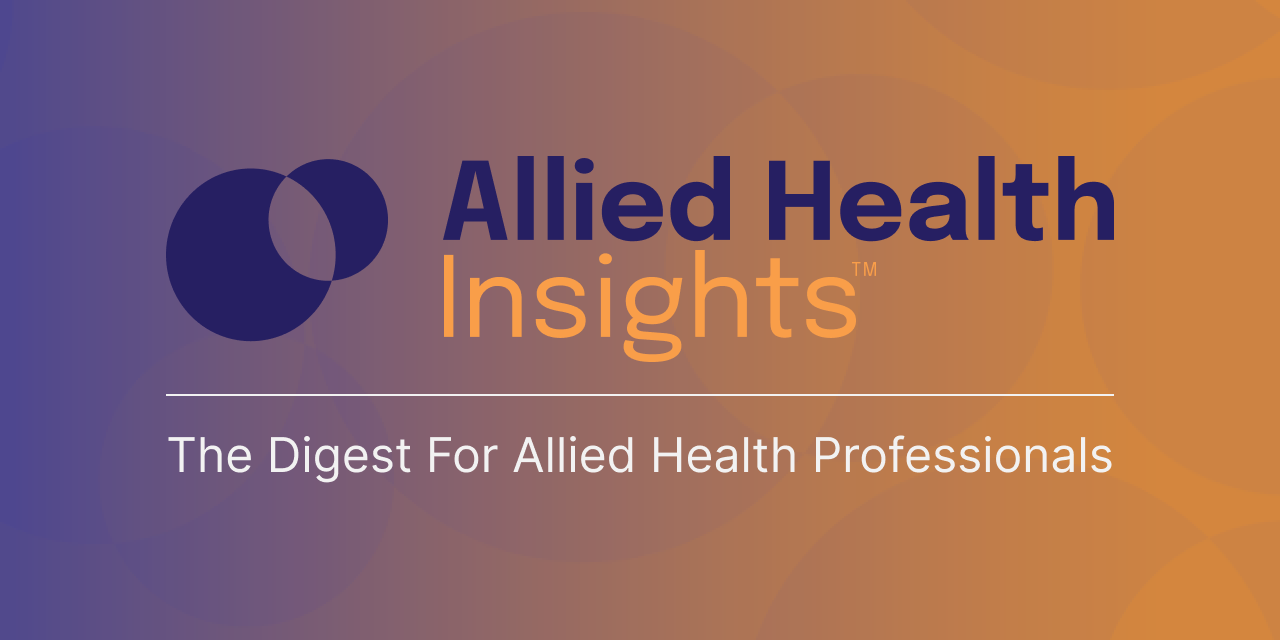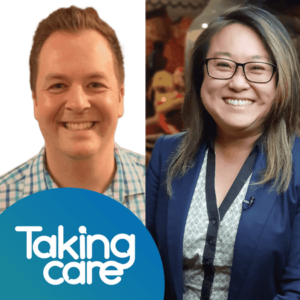
Allied Health Insights Vol. 1, No.19: Diversity & Inclusion
In this edition, we delve into the increasingly complex area of diversity and inclusion and what this means for the allied health professions.
When we think of diversity, we tend to think about gender and ethnicity, and we frame our ‘solutions’ accordingly, often using quotas. The allied health professions are predominantly female, and we know from the limited history and sociology of the allied health professions that many of our professional repertoires are shaped by our anglo-centric, female gendered backgrounds.
Yet, the allied health workforce has managed to largely ignore this heritage and the impact it has on the way we work, and our understanding and framing of our professional roles, perspectives and training curriculum. Other identities tend to remain invisible, such as status pertaining to lesbian, gay, bi, trans, queer, intersex, and asexual (LGBTQIA+) identities, as well as indigenous populations, ethnic minorities, the neurodiverse, people with disability, or perspectives and understandings arising from lived experience.
The concept of intersectionality, first described by Kimberlé Crenshaw, recognises that every individual has a range of different personal characteristics and aspects of identity or culture that co-exist and interact. It is the intersection of the multiple different aspects of our identity, such as gender, sexuality, ethnicity and socioeconomic status, that provide our lens on the world and our ability to drive change within that world.
We want to start some discussion of what intersectionality—diversity and inclusion—means for the allied health workforce. Robyn Delbridge joins us to discuss intersectionality and what it means in the allied health space. Robyn has undertaken some excellent work on the history and sociology of the dietetics profession using an intersectional lens. Her perspective and powerful unpacking of assumptions that underpin the dietetics profession have relevance for the reflection of every allied health profession.
We join Dr Megan Ross for a discussion around diversity and inclusivity in physiotherapy, both internally and from a client-facing perspective; we chat to Megan about her recent appointment as Chair of the LGBTQIA+ Advisory Panel to the Australian Physiotherapy Association (APA), and what she wants the Association to achieve.
Occupational therapists’ imperative to respect the diverse characteristics, needs, and goals of the people they work with make the social values of diversity and inclusivity implicit to their profession—and it’s for this reason OTs are the focus of our A to Z of Allied Health series this week.
Speaking of OTs, we continue our Career Pathways series with a look at Paediatric Occupational Therapist Deb Hopper. Deb is an OT and businesswoman who shares her fascinating career journey with us.
Lastly, we’re very pleased to announce our updated website, replete with a lick of paint and a shiny new portal that allows you to post your career announcements, service directory listings, and events straight to the site, or start a conversation on the forum.
The AHP Playlist

Practitioners providing safe healthcare for our LGBTQIA+ communities | Taking Care Podcast
Here are two stories of people in LGBTIQA+ communities and their experiences with healthcare. Host Tash Miles speaks to clinical neuropsychologist, Board member Victorian Pride Centre, and Commissioner at the Victorian Multicultural Commission Dr Judy Tang and clinical psychologist and Senior Research Fellow Dr Lee Cubis. Together they discuss the changes that are necessary to ensure patient safety and equal access for all, from LGBTIQA+ perspectives.

Tackling racial inequalities in the NHS workforce | When Work Hurts Podcast
Racism and racial inequality continue to plague the NHS, with negative outcomes for individual staff, organisations and patients. Host Dr Paula Redmond speaks to Owen Chinembiri, Senior Implementation Lead at the NHS Race and Health Observatory.

The Heart of Leadership, Part 1 of 2 | Dare to Lead Podcast
Aiko Bethea and Ruchika Tulshyan dig into the heart of leadership, diversity and inclusion. What are we getting right with DEIB work? What are we still not doing well?
Recommended Articles
The I Am, Movement designs ‘culturally safe’ education resources for Indigenous children diagnosed with autism spectrum disorder
“When Tanika Davis’s son was diagnosed with autism at just two years old, the Worimi mother was confronted with the stigma surrounding the developmental disorder, but also surprised at the lack of consideration for Slade’s Indigenous culture.”—Madeleine Cross, ABC Mid North Coast
The Five Stages of DEI Maturity
“Many organizations take big actions in the realm of DEI because of something they see another company do—such as publicly declaring themselves champions of people of color or setting an ambitious top-down DEI strategy across the firm. Many companies that rushed to meet the moment in 2020, for example, pledged thousands of dollars to build racial equity but did not have a structure in place to support the implementation of new initiatives.”—Ella F. Washington, Harvard Business Review Magazine









